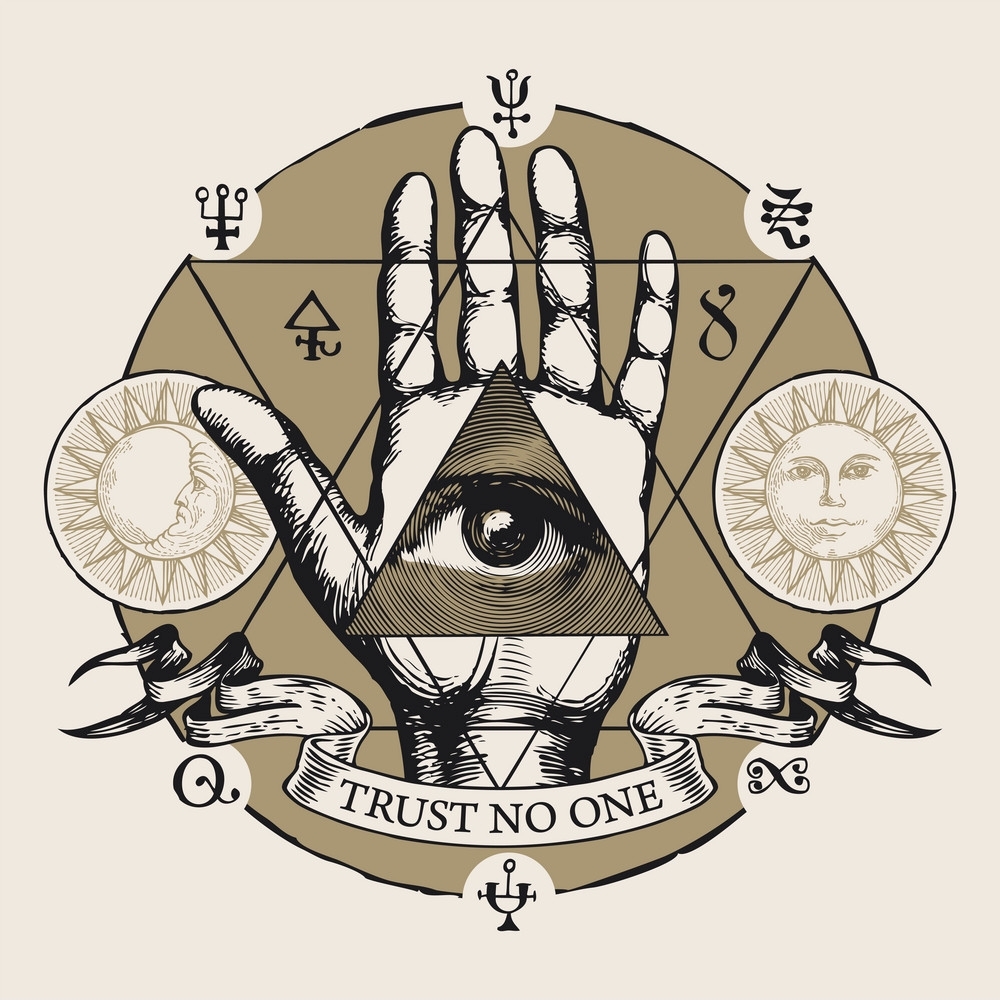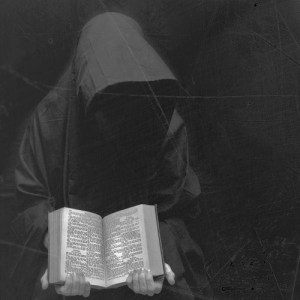“I had a Persian friend in Tehran, an avant-garde playwright and member of a sect called Ahl-i-Haqq (‘People of Truth’ or ‘People of God,’ ‘haqq’ being a divine name) who traveled to the valley of the Satan-worshippers in the mid-1970s.
A Kurdish sect influenced by extreme Shi’ism, Sufism, Iranian gnosticism, and native shamanism, the Ahl-i Haqq consists of a number of subgroups, most of whose adherents are non-literate peasants. With no Sacred Book to unite these subgroups in their remote valleys, they often developed widely divergent versions of the Ahl-i Haqq myths and teachings. One subgroup venerates Satan. I know of almost nothing written about the Shaitan-parastiyyan or ‘Satan-worshippers,’ and not much has been done of the Ahl-i Haqq in general. Many secrets remain unknown to outsiders.
The Tehran Ahl-i Haqq were lead by a Kurdish pir, Ustad Nur Ali Elahi, a great musician and teacher. Some old-fashioned Ahl-i Haqq considered him a renegade because he revealed secrets to outsiders, i.e., non-Kurds, and even published them in books. When my friend asked him about the Satan-worshippers, however, Elahi gently rebuffed him: ‘Don’t worry about Shaitan; worry about the shay-ye tan‘ (literally ‘the thing of the body,’ the carnal soul, the separative ego). My friend ignored this doubtless good advice, and with his brother set off for Kurdestan in their Land Rover.
… At last they were there – and their little caravan was met by a dozen or so long-tressed tribesmen in traditional Kurdish costume: baggy pants, turbans, guns. Scowling fiercely they greeted the brothers thus:
‘Ya! Zat-i Shaitan!’ – Hail, O Essence of Satan!
Compared with the thrill of that moment the rest of the trip proved anticlimactic. The villagers had long ago given up banditry (they said), and naturally there was no evidence of nocturnal perversion. Abjectly poor, they possessed nothing so exotic as a pig or a flagon of wine. As for their religion, they professed to know virtually nothing about it; either they were protecting secrets from outsiders, or they had really forgotten almost everything. Considerable knowledge can be lost in a nonliterate society devoted to secrecy and cut off from the world; leaders can die without passing on certain details, and whole villages, stricken by disease or drought, can perish or disperse and vanish.
No doubt the devil worshippers knew more than they told my friends, but in the end they seemed no more sinister than any other group of mountain Kurds, a generally noble-hearted and hospitable people when not engaged in blood-feuds, vendettas, or guerrila warfare.
What, however, is the ‘essence of Satan’? In a book devoted to the teachings of Ustad Elahi, Satan is said to exist, bound and powerless, a mere fallen angel. Moreover, ‘apart from man, evil does not exist in nature … the ‘devil’ is simply the way that the domineering self … expresses itself in us. … The story of Satan was over long ago; it only concerns God and him.’ In other words, the Koranic version of the Temptation and Fall (very similar to that of Genesis) is literally true, but irrelevant. The Satan from whom all believers ‘take refuge’ in prayer is, in truth, a projection of their own spiritual imperfection. Needless to say, this is not orthodox Islam or the opinion of most Sufis; it is, however, a very interesting resolution to a very thorny theological problem.”
– P. L. Wilson – Iblis: The Black Light (Satanism in Islam)


